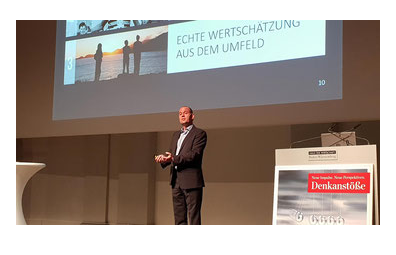
Exploring Spiritual Healing Therapy
Spiritual healing therapy is a holistic approach that addresses the interconnectedness of mind, body, and spirit to promote overall well-being and healing. Rooted in ancient practices and modern integrative medicine, this therapy focuses on restoring harmony and balance within individuals through various techniques and principles.
Understanding Spiritual Healing Therapy
At its core, Spiritual Coaching healing therapy recognizes that physical ailments and emotional imbalances can stem from spiritual disconnection or disharmony. By tapping into the spiritual dimension of health, practitioners aim to facilitate healing processes that encompass all aspects of a person’s being.
Principles of Spiritual Healing Therapy
1. Energy Alignment:
Central to spiritual healing therapy is the belief in energy fields that flow through and around the body. Practitioners work to identify and clear blockages within these energy pathways, promoting optimal energy flow and vitality.
2. Mind-Body Connection:
Emphasizing the intimate link between mental and physical health, this therapy acknowledges the profound impact of spiritual well-being on overall health outcomes. Techniques often integrate mindfulness, meditation, and positive affirmations to support healing.
3. Holistic Approach:
Unlike conventional medical treatments that target symptoms, spiritual healing therapy takes a holistic approach by addressing the root causes of illness. It encourages individuals to explore their beliefs, emotions, and lifestyle choices that may contribute to their health challenges.
Techniques Used in Spiritual Healing Therapy
Energy Healing:
Techniques such as Reiki, Therapeutic Touch, or Qi Gong are employed to channel healing energy into the recipient’s body, promoting relaxation, stress reduction, and physical healing.
Meditation and Mindfulness:
Practices that cultivate inner peace and awareness are integral to spiritual healing therapy. These techniques enhance mental clarity, emotional resilience, and spiritual connection.
Visualization and Affirmations:
Using the power of the mind to manifest positive outcomes, practitioners guide individuals through visualizations and affirmations that promote healing and well-being.
Spiritual Counseling:
Providing guidance and support, spiritual counselors help individuals navigate spiritual crises, existential questions, and personal growth challenges, fostering a deeper sense of meaning and purpose.
Benefits of Spiritual Healing Therapy
Emotional Well-being:
By addressing spiritual and emotional distress, this therapy promotes emotional resilience, inner peace, and a sense of purpose.
Physical Health:
Enhanced energy flow and stress reduction contribute to improved physical health outcomes, supporting the body’s natural healing processes.
Spiritual Growth:
Individuals often experience profound spiritual growth and a deeper connection to their inner wisdom and spiritual beliefs.
Integrating Spiritual Healing Therapy
Integrative medicine increasingly recognizes the value of spiritual healing therapy in complementing conventional treatments. Many individuals seek this therapy as a complementary approach to manage chronic pain, stress-related disorders, and emotional challenges.
Conclusion
Spiritual healing therapy offers a holistic approach to health and wellness, addressing the interconnected dimensions of mind, body, and spirit. By embracing practices that promote energy alignment, mindfulness, and spiritual growth, individuals can experience profound healing and transformation. Whether used independently or in conjunction with conventional medicine, this therapy empowers individuals to cultivate a life of balance, resilience, and spiritual harmony.


